This is not only a technical solution in human resource management but also reflects a new vision of building a team of cadres to meet the requirements of national development in the period of growth model transformation, deep integration and fierce global competition.
Practices over the years have shown that the public sector still faces difficulties in attracting talent from the private sector. Partly due to the disparity in income and working conditions, and partly due to the lack of flexibility in management mechanisms. Opening the “door” to the public sector to people with outstanding abilities, regardless of where they come from, will contribute to creating a team of cadres with diverse backgrounds, rich in thinking and rich in practical experience.
The draft Law amending and supplementing a number of articles of the Law on Cadres and Civil Servants, which is being submitted by the Government to the National Assembly, has made a notable proposal: “Allowing the signing of contracts with businessmen, scientists, experts, and lawyers with special achievements to take on leadership and management positions”. The goal of this policy is to create a flexible mechanism to select people who are “both talented and dedicated”, capable of solving complex tasks in the modern administrative system. In particular, this will be the premise for institutionalizing the spirit of Resolution 66 and Resolution 68 of the Politburo - resolutions that shape a new vision in building a team of leaders at all levels.
However, this new point also raises a number of issues that need to be thoroughly resolved. First of all, it is necessary to clearly distinguish between “statutory civil servants” and “special contract civil servants”. Appointing leaders through contracts cannot be a shortcut to bypass the very strict standards and conditions of the civil service system. All candidates, whether businessmen or scientists , must meet political standards, ethics, sense of discipline and be supervised by the Party organization, elected bodies and the people. Because the ultimate goal of reform is still to improve the capacity to serve the people, increase the openness, transparency and efficiency of the apparatus.
Second, it is necessary to establish a clear mechanism for evaluating the performance of contract leaders. In addition, there must be a transparent and legal method for terminating contracts to avoid the exploitation of policies for personal gain.
Previously, Vietnam had similar pilot models at the provincial and municipal levels. For example, the recruitment of Department Directors and Deputy Department Directors in Ho Chi Minh City and Quang Ninh . Although these models are limited in scale, they show the feasibility of expanding the “staff supply” from outside the traditional administrative system. It is important to place contracting within a larger policy framework, including training, rotation, capacity assessment, building organizational culture and effective power control.
It is worth noting that the policy of signing contracts with outstanding intellectuals outside the state is not to replace the recruitment of leadership positions but to supplement and expand the mechanism for attracting talent. Recruitment must still be the main channel to select worthy people from within the state administrative system. Meanwhile, special contracts can be a "parallel channel" for cases with outstanding contributions from outside, needing a short time to put their capacity into service of the state. However, if this policy is to have long-term vitality, it is necessary to seriously summarize previous pilots and clearly evaluate the actual effectiveness.
The current civil service system needs a new breath of life, energized by people who have managed large capital resources, made decisions in a fiercely competitive environment, and have the capacity to organize and implement large projects. In the current conditions, relevant agencies need to soon issue clear criteria for “special contract subjects”, and at the same time supervise the implementation so that the policy is on target: attracting talented people for the common cause.
If policies are well designed, implemented publicly, and the right people and jobs are selected, then signing contracts with outstanding non-state intellectuals will be a strong catalyst for renewing the public administration. That is how Vietnam demonstrates its strategic vision in state human resource management: not accepting the beaten path, not afraid of innovation, but always putting the interests of the nation and the people first. And that is also a strong political commitment to a public service “for the people, by the people and serving the people”.
Source: https://www.sggp.org.vn/mo-rong-cua-vao-khu-vuc-cong-post798340.html










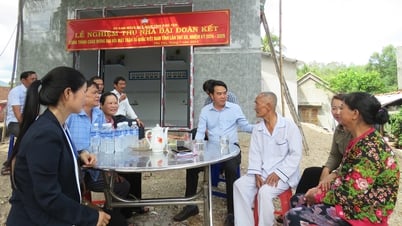

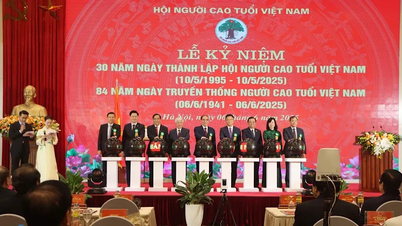
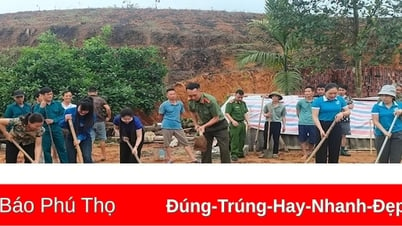

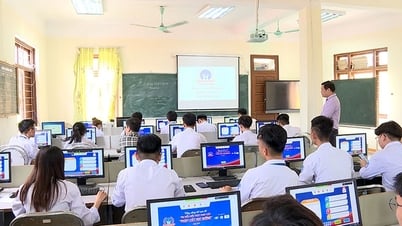








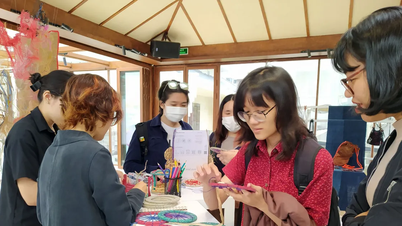


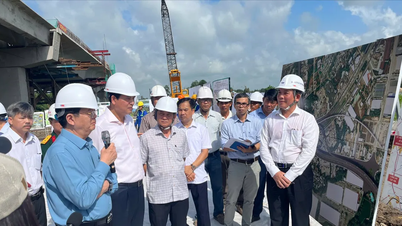

![[Photo] Nearly 104,000 candidates in Hanoi complete procedures to take the 10th grade entrance exam](https://vphoto.vietnam.vn/thumb/1200x675/vietnam/resource/IMAGE/2025/6/7/7dbf58fd77224eb583ea5c819ebf5a4e)






























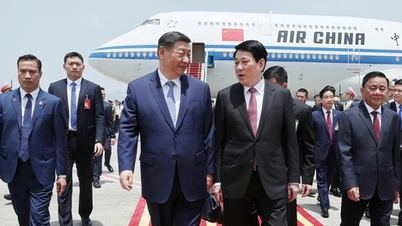







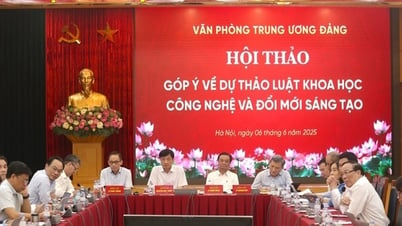

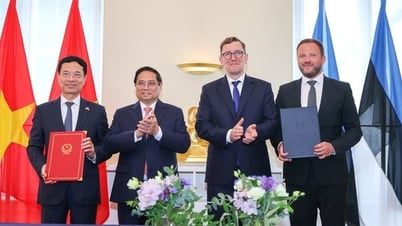








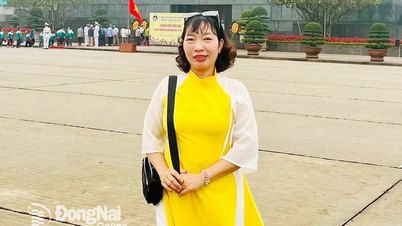










![[OCOP REVIEW] Tu Duyen Syrup - The essence of herbs from the mountains and forests of Nhu Thanh](https://vphoto.vietnam.vn/thumb/402x226/vietnam/resource/IMAGE/2025/6/5/58ca32fce4ec44039e444fbfae7e75ec)









Comment (0)